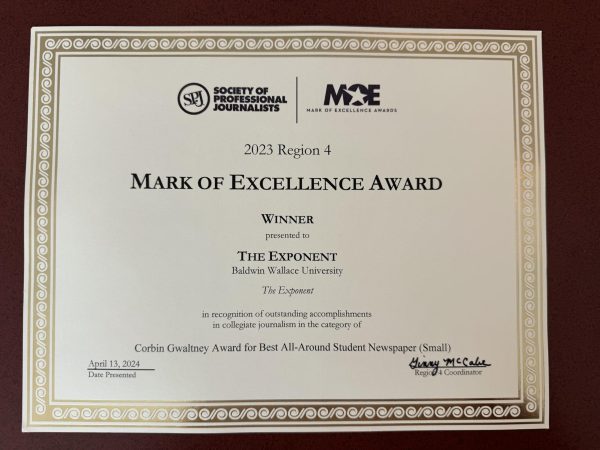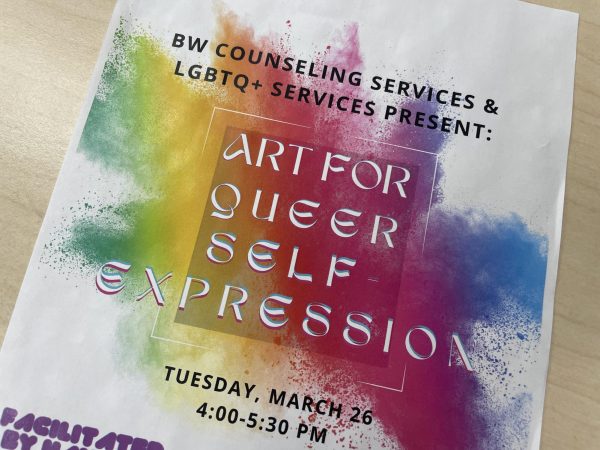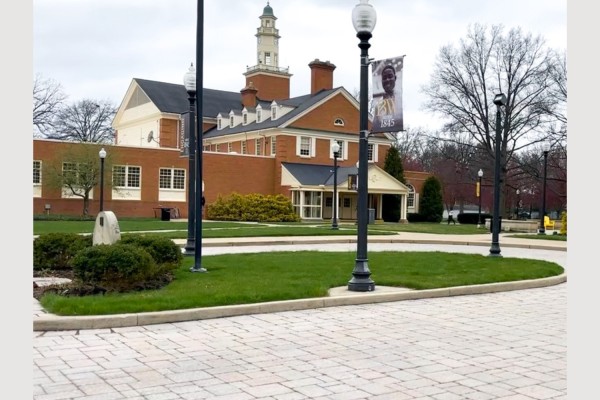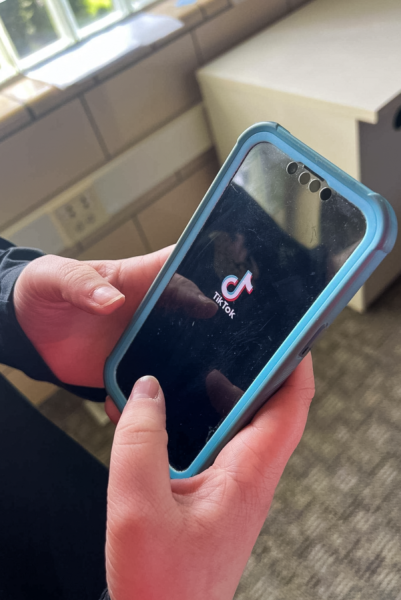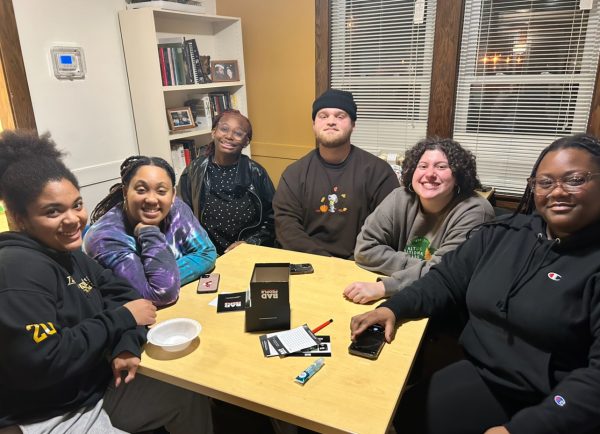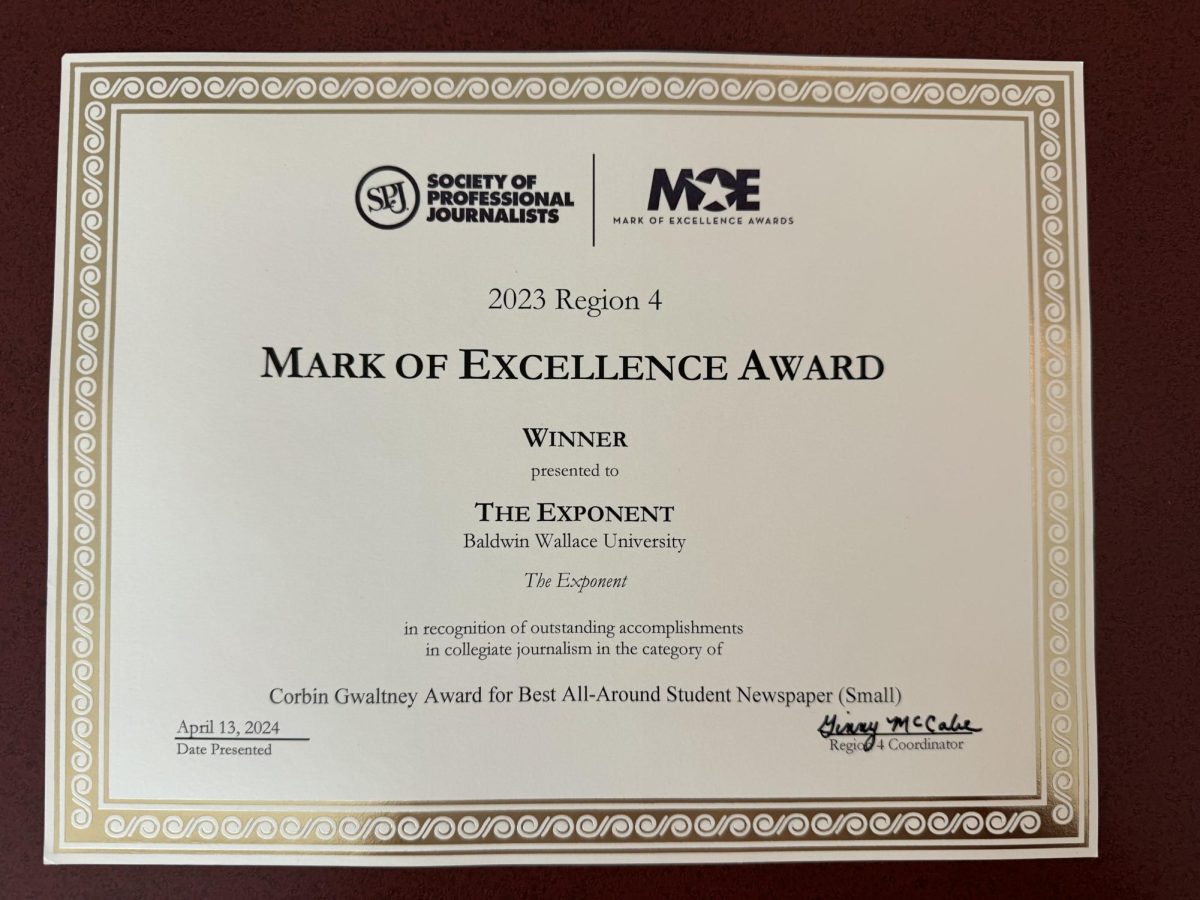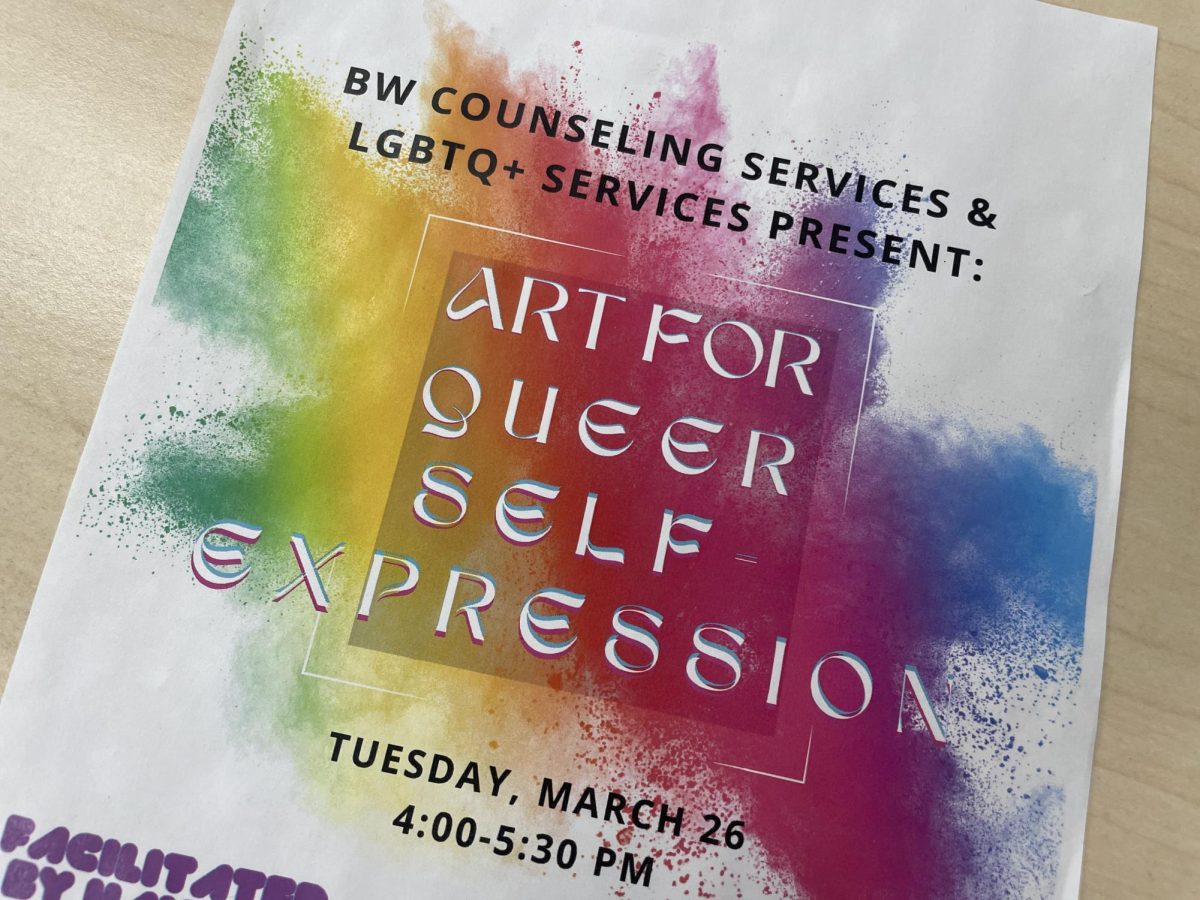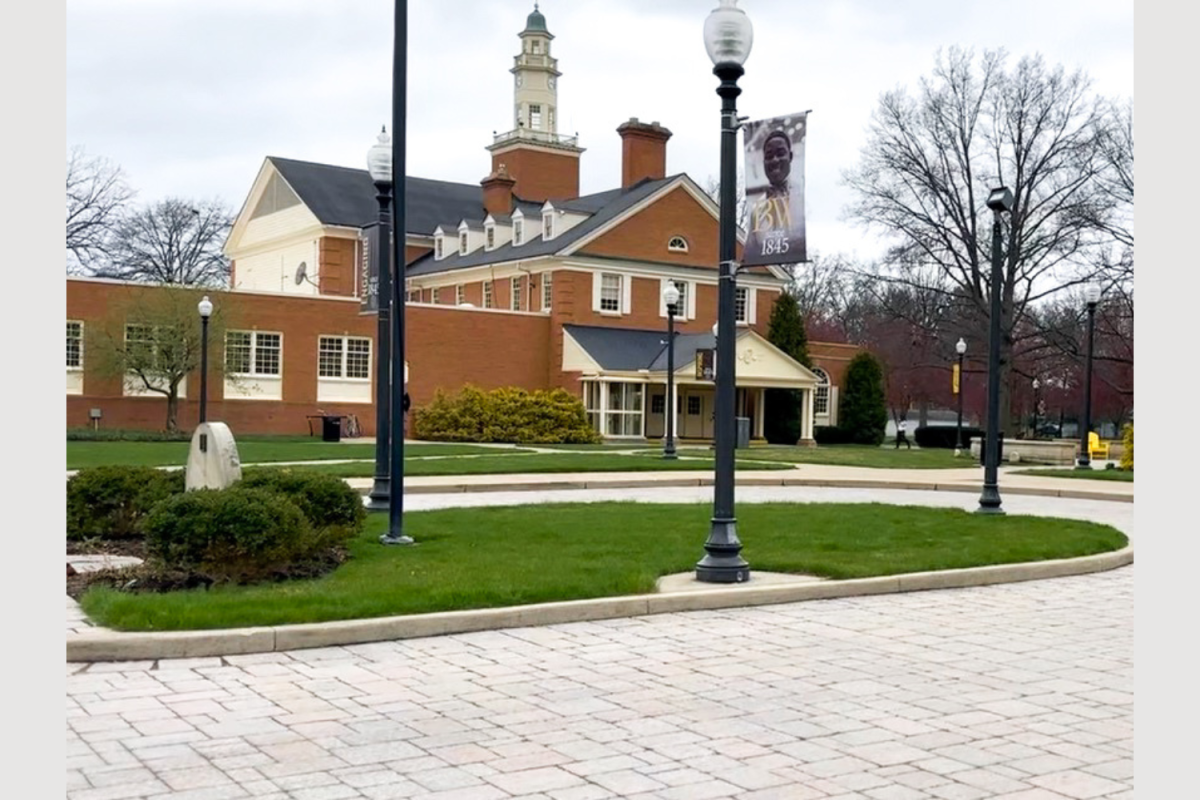Health Center offers resources, reduced-cost tests for common sexually transmitted infections
Among all the daily worries of a Baldwin Wallace student’s life, herpes should not be one of them.
Baldwin Wallace’s Student Health Center offers confidential sexually transmitted infection (STI) testing at a discounted rate to students as well as offering birth control and gynecological services.
“I see hundreds of students for testing where they may come in specifically for what we call an STI check to screen for infection,” said Lauren Bara, the director of the Health Center and certified nurse practitioner. She interacts with all students who visit the center with STI concerns.
“It may involve a couple of tests, or it may involve six tests,” said Bara.
The two most common STIs on Baldwin Wallace campus are chlamydia and herpes; the two most easily contracted infections.
There are two common forms of herpes: Type One and Type Two. Type One herpes is what causes cold sores, while Type Two causes genital herpes. Type One can be contracted by kissing, oral sex, or even something as common as sharing a drink, and can infect a person for the rest of their lives.
“The concern nowadays is that we want people to know that [Type One] can be transmitted through oral sex,” said Bara. “Years ago, people used to act like they were two different things, but it’s still herpes.”
The average person’s immune system can fight the Type One herpes and keep it “dormant,” or nonactive, for years better than it can with Type Two herpes.
Herpes cannot be treated with antibiotics, as it is not a bacterium. It can, however, be suppressed and treated with anti-viral medications, but will not be destroyed completely.
If a person chooses not to treat the disease with medication, the disease will heal by itself, which will take about two to three weeks.
“There’s usually the first month of the semester where we do see a lot of students with concerns because they’re on their own, not under their parent’s roofs anymore, and they’re learning all about the world,” said Lisa Weber, a registered nurse at the Health Center. Before and after spring break also brings an influx of students.
“The primary thing we try to encourage is safe sex; if things come up such as symptoms or questions, we are here at the Health Center as a reference to answer any questions or see students in need of medical attention,” said Weber.
The center does, of course, offer free condoms; you don’t even have to come up to the front counter, as they are available by the front door. Several organizations on campus also regularly pick up bags to hand out to students.
The Health Center offers discounted rates for students; chlamydia and gonorrhea testing for $28, and a full screen, which includes blood work testing for chlamydia, gonorrhea, HIV, herpes, and syphilis for $75.
The Exponent is looking for financial contributions to support our staff and our newsroom in producing high-quality, well-reported and accurate journalism. Thank you for taking the time to consider supporting our student journalists.

